To travel or not to travel? That is the million dollar question right now.
It's no secret, things are downright confusing, uncertain and just weird in the world. It's hard to differentiate between the facts, misinformation, and realistic precautions thrown at you from various sources.
Well, it's of course up to each person's own comfort level, but we did our research and compiled all the helpful info in one place to make the decision as simple as possible for you. Today we are sharing the best practices for traveling safely now and in a post-COVID world.
Is it safe to travel right now?
The short answer: it depends. There are a lot of factors to consider.
Is COVID-19 spreading at your destination? You can get infected while traveling. Check here.
Is COVID-19 spreading in your own community? Even if you don’t have symptoms, you can spread COVID-19 to others while traveling.
Are you in a vulnerable or elderly population? Older adults and those who have a serious underlying medical condition are at higher risk for severe illness from COVID.
If I travel, how can I avoid getting sick?
There are several precautions you can take to avoid getting infected as well as avoid infecting others, which are very similar to the measures recommended to take when at home.
- Continue to wash your hands frequently and thoroughly. Especially after you have been out in public, after touching surfaces frequently touched by others, after blowing your nose, coughing, or sneezing, and before touching your face or eating.
- If soap and water are not available, use hand sanitizer that contains at least 60% alcohol.
- Avoid close contact with others. Maintain 6 feet of distance whenever possible.
- Wear a face mask when out in public.
- Cover your face when coughing or sneezing.
Should I wear a mask while traveling?
The CDC recommends that everyone wear a face mask over their nose and mouth when in public. This helps to slow the spread of COVID-19 by helping keep people who are infected from spreading the virus to others. (And you may have no symptoms, yet still be a carrier!) So yes, this definitely applies to travel too.
In most airports and domestic flights, face masks are required for passengers at this time. As well as many restaurants, museums and other indorr places. And the masks are usually not provided, you will need to bring your own.
Should I travel internationally?
At this time, Americans are still advised to avoid all non-essential international travel due to continued health risks due.
Additionally, very few countries are open to tourism right now, but that will hopefully soon chain. Check out this country by country guide to the open countries and timelines for those still closed off to visitors. Plus, this handy map tool tells you which countries you can travel to right now.
Currently, travel restrictions and entry screening apply only to travelers arriving from some countries or regions with widespread ongoing spread of COVID-19. You may be screened when you arrive in the US. You are advised to monitor your health for 14 days and avoid contact with others.
Should I travel domestically?
While large cities, like Los Angeles and New York City, are still under lockdown, more than half of US states have started to reopen.
Some states have mandatory or suggested 14-day quarantines for those coming from out of state. Restrictions may apply to all out-of-state visitors or from specific cities with the most widespread outbreak. Check out the your desired state's health department website for the most up to date info.
Which is safer, flying or driving to my destination?
Once again, this answer depends. Viruses don’t spread easily on flights because of how air circulates and is filtered on airplanes. However, social distancing is difficult on crowded flights. Air travel also requires spending time in security lines and airport terminals, which can bring you in close contact with other people.
While you may have concerns on how full the plane will be or if their is someone sick sitting next to you, airports and airlines have implemented many precautions and procedures to keep you safe while traveling. This includes scanning your boarding pass instead of handing them to a TSA officer, empty middle seats on planes, increased sanitation stations, face mask requirements and more.
Of course, if driving your own car, you can control the environment. But each gas station, restaurant and rest stop you break at brings its own risk. So pack your own food and water to avoid having to stop at public facilities as frequently.
Can I go to the beach?
Yes! Outdoor areas are the lowest risk to visit. Place your towels and chairs at least 6 feet away from other groups. There's no evidence that Covid-19 spreads through water, so swimming in the ocean is just fine too!
Should I go on a cruise right now?
No. The CDC strongly advises that travelers worldwide avoid all cruise ship travel. Recent reports of COVID-19 on cruise ships highlight the risk of infection to cruise ship passengers and crew. Like many other viruses, COVID-19 appears to spread more easily between people in close quarters aboard ships.
Is staying in a hotel safe?
Social distancing and wearing masks in places such as elevators and lobbies can reduce the risk.
To be extra safe, wiping down high-touch surfaces in the room (door knobs, faucets, light switches etc.) upon arrival with a disinfectant wipe or alcohol is advised. , uncertain about safety precautions where you will be staying? Check out the hotel’s website. Many are sharing what they are doing in regards to cleaning.
Is it safe to go camping?
Camping in an area where you're close to other campers or with shared restrooms and grills can pose a risk. The same precautions apply: social distancing, disinfecting surfaces, washing hands, and wearing masks. Try to choose a less crowded campground to minimize risk.
Are indoor places such as museums safe to visit?
Indoor settings are always riskier than being outdoors, especially if they are crowded. If the business has limited the capacity of their space and ensured proper social distancing, this will minimize your risk. Check their website to see what precautions they have put in place.
Is it even worth it to travel right now?
Your travel experience is bound to be different than it has been in the past. A couple of questions to consider:
- What is open in your destination? Are the attractions you were looking forward to visiting temporarily closed? Are restaurants open or is there another way you can have your meals?
- Is it a crowded, tourist destination? The key is to find the place that everyone isn't going to. Check out our reccomended destinations around North America.
- Does the state or local government where you live or at your destination require you to stay home for 14 days after traveling?
Tips if you do choose to travel in 2020
- Book your flights and hotels directly to avoid non-refundable fees if you need to cancel.
- Consider a staycation or a roadtrip close to home.
- Wait to book as long as possible to make sure these trends are here to stay.
- Postpone your trip, rather than cancelling. Most airlines are pushing their rebooking policies a year or two out.
- Stay informed! Reccomendations and guidelines are changing daily so their is awalys new information out there on saftey measures and precautions.
If you have been weighing if you should get back to traveling this summer or wait it out, there's no one size fits all answer. We hope these answers helped you to make an informed decision for your own safety!


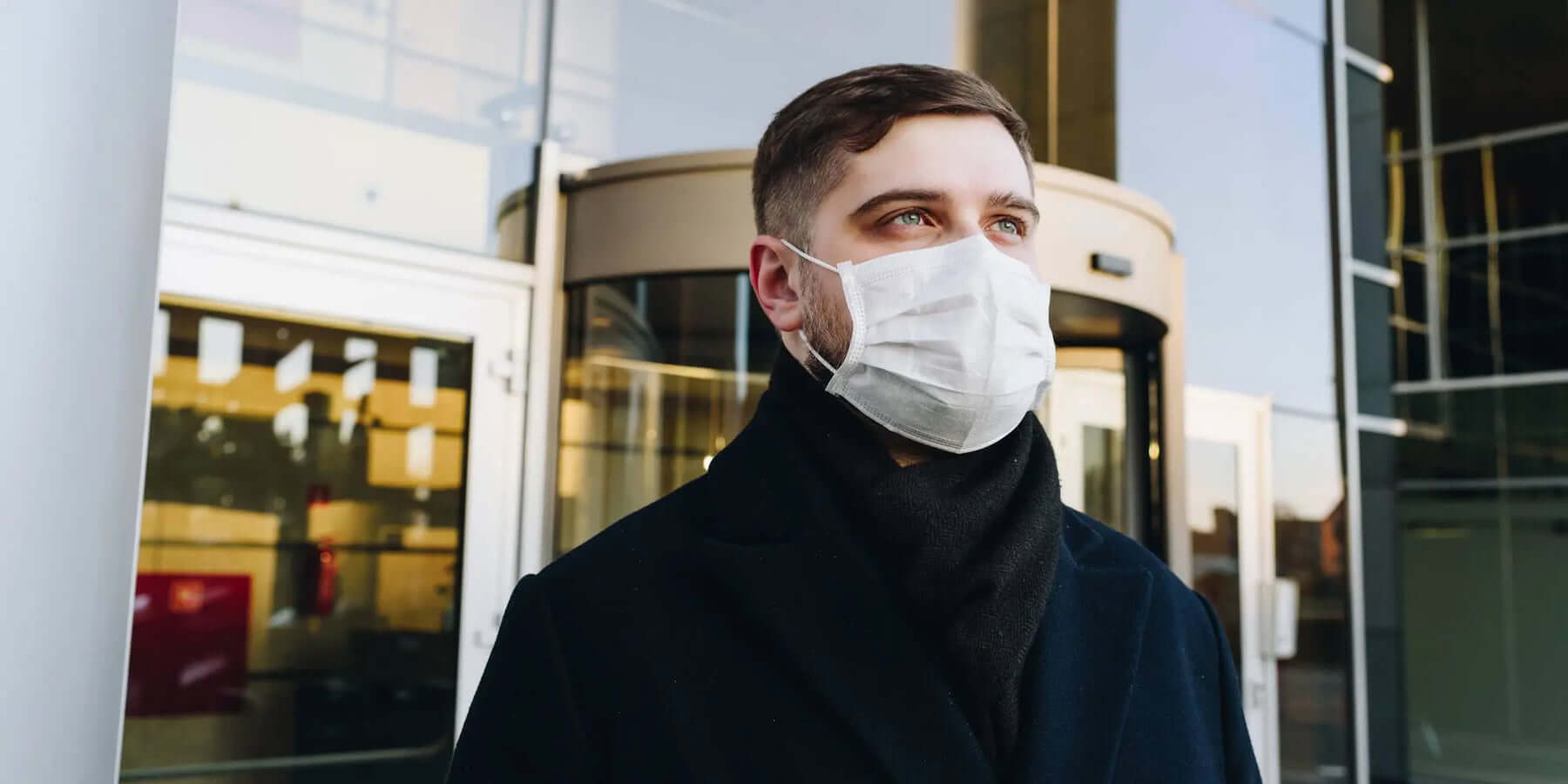

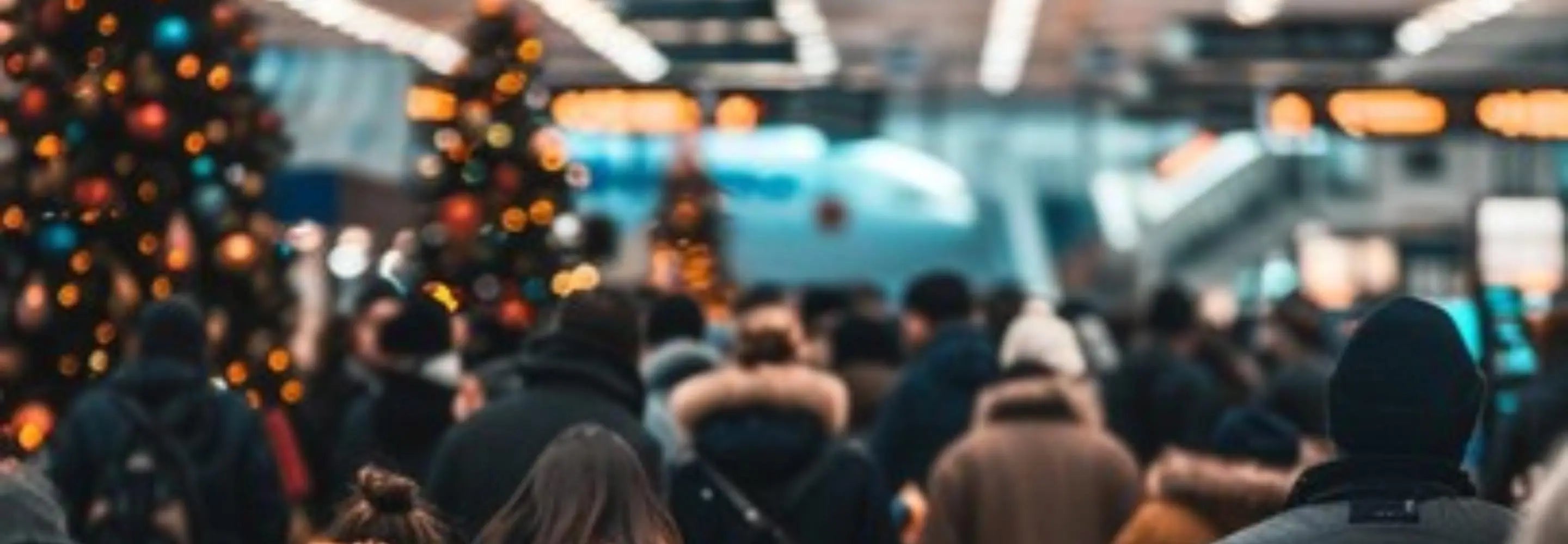
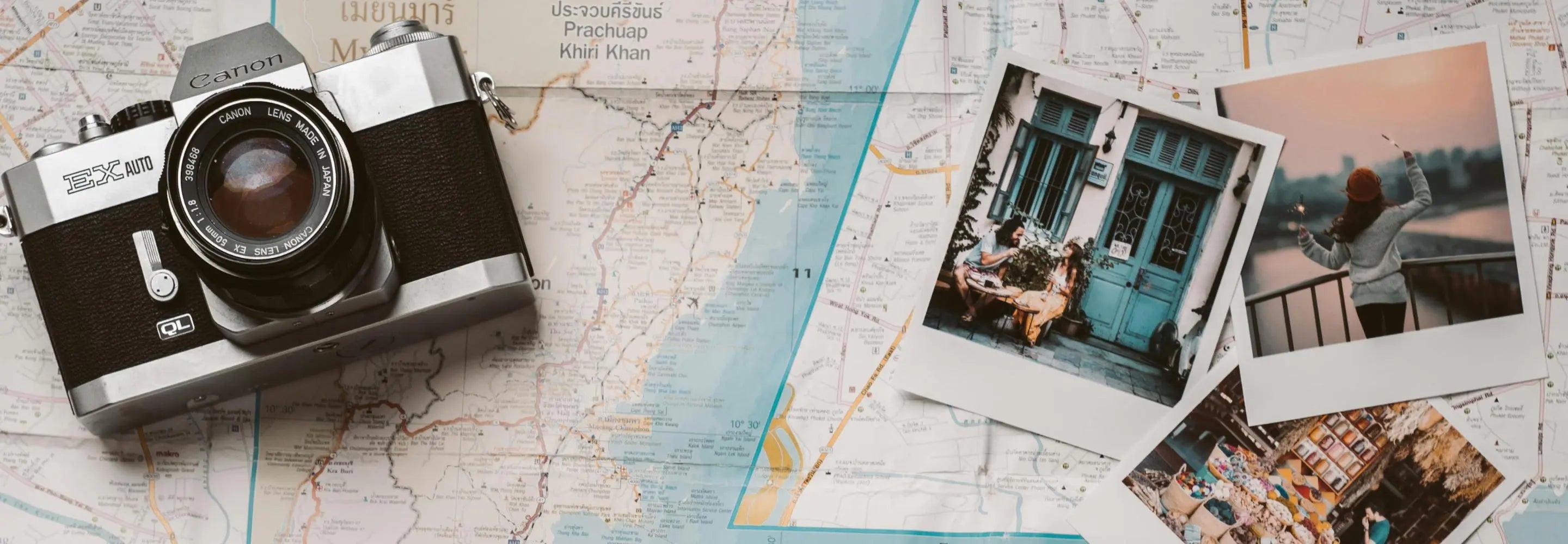
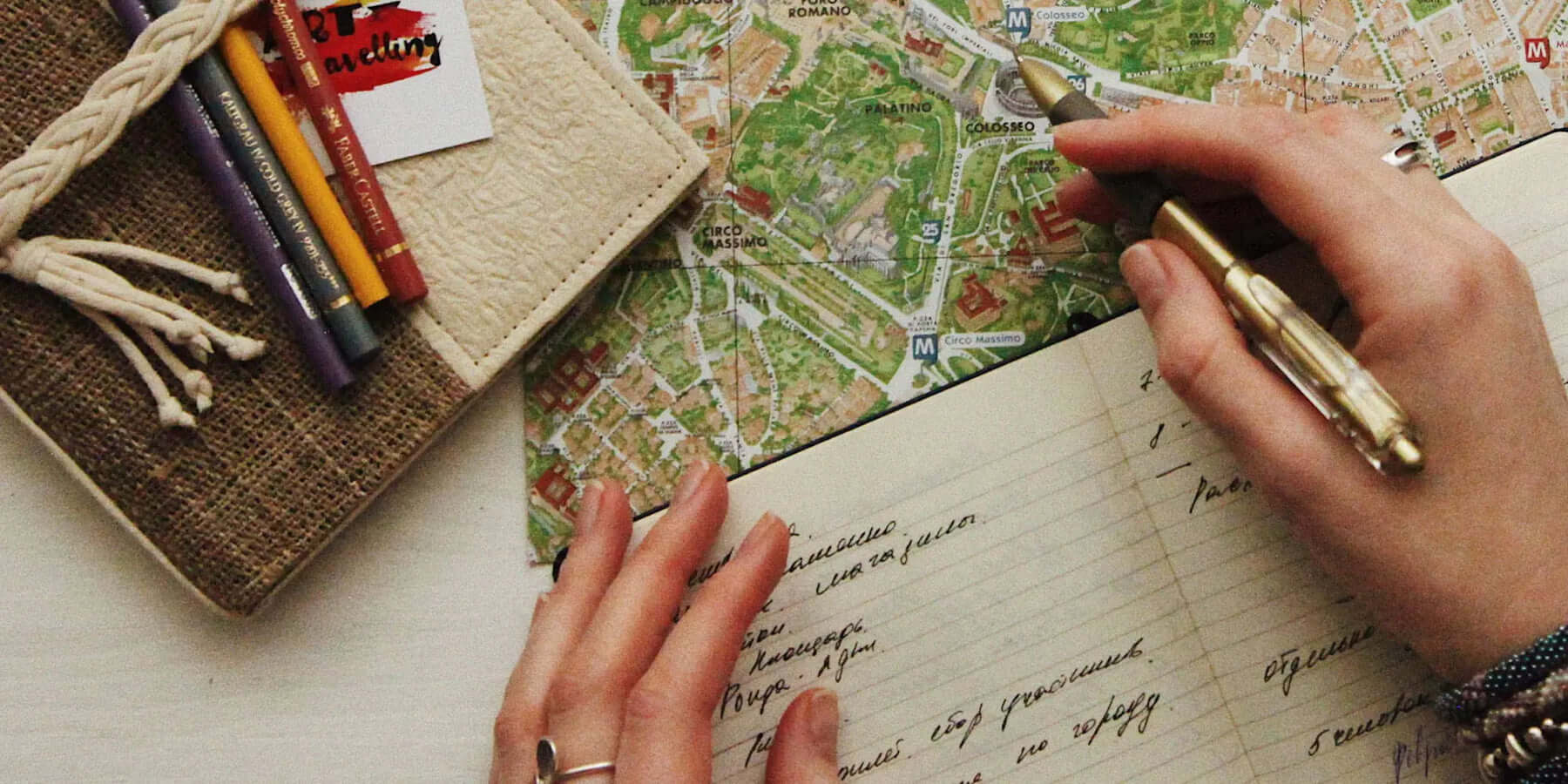
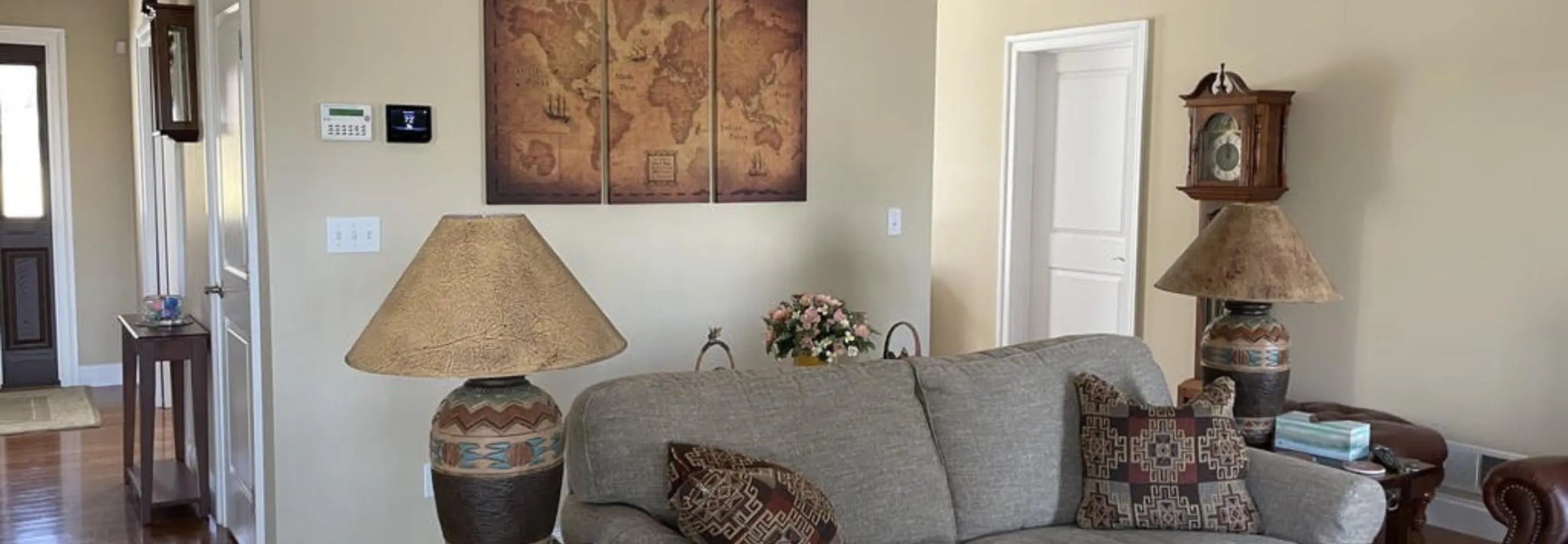
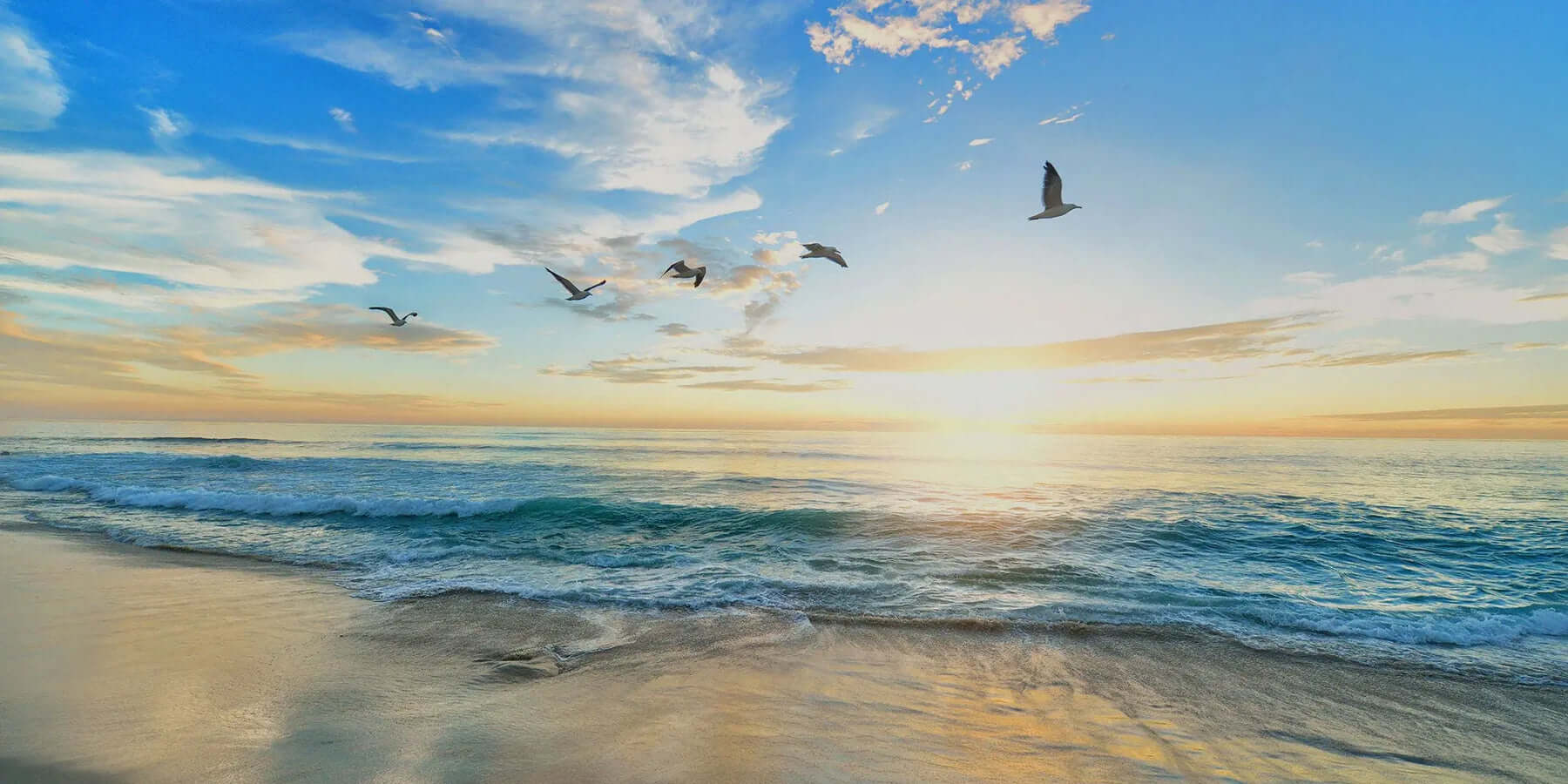
Share:
How to create and customize the perfect travel itinerary for your next trip
Conquest Maps Vs. Holy Cow Canvas - Which Push Pin Map Should You Buy?